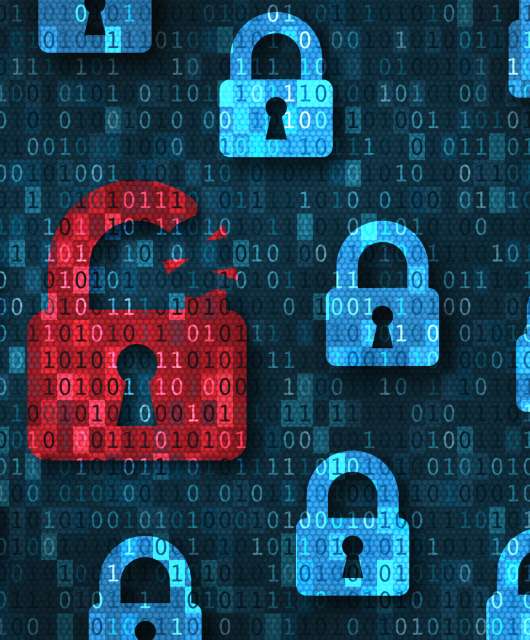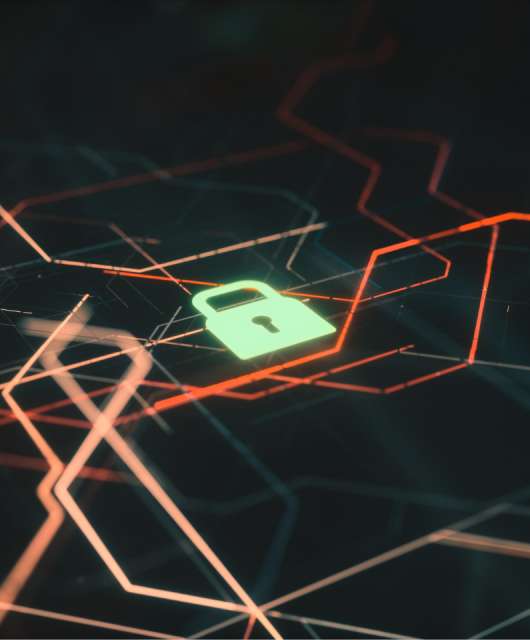White hat hackers are ethical security hackers who test the security of different types of networks, software, and hardware. Those individuals use IT knowledge and hacking skills to identify cybersecurity vulnerabilities without taking personal advantage of them. Instead, they find and report loopholes before they are exploited.
White hat hackers respect hacking principles and are considered the good guys who would allow vendors to patch vulnerabilities before they share knowledge about security problems with others. On the other hand, being a white hat hacker could be lucrative as vendors and governments often reward ethical hackers for discretely reporting such findings.
Companies often run bug bounty programs, and have specialized IT risk employees who mainly look for vulnerabilities. However, being an ethical hacker takes work and comes with principles that must be followed. Even though government agencies offer certifications in ethical hacking, there are no standard educational criteria to be an ethical hacker.
Here are some of the main points ethical hackers need to consider while looking for security faults.
The rule of law
Ethical hackers respect the rule of law and do not cross sensitive legal lines. They often use the same knowledge and tools as malicious hackers, but being familiar with what is legal help them perform investigation and tests lawfully and legitimately. White hat hackers can be consultants, employees, or freelancers, depending on different scenarios.

Paper trail
White hat hackers keep detailed notes of their journey. Not only to protect themselves from legal trouble but also to reference back their findings in an understandable way, so vendors can examine the loopholes and issue patches. The more details a white hacker has, the better and easier it is for IT experts to prepare a patch that resolves the vulnerability.
Staying on the bright side
Sometimes it may be hard for ethical hackers to stay on the bright side. White hat hackers have an average salary of $100k per year in the US, but knowledge of significant security loopholes could be sold for much more on the black market. Resisting the temptation of going rogue is essential.
Ethical hacking is encouraged by intelligence agencies such as NSA. The United States Department of Defense even offers certifications to individuals who complete a specified set of courses in Information System Security. However, only few hackers agree to share findings and knowledge with government agencies, nor they stay on the bright side. In 2022 alone, hackers stole billions of dollars and caused significant disruptions. There are more malicious hackers than white hat hackers, and being protected has never been more critical. Antivirus software installed on smart devices ensures people stay on the right path, significantly lowering the chances of becoming victims.







